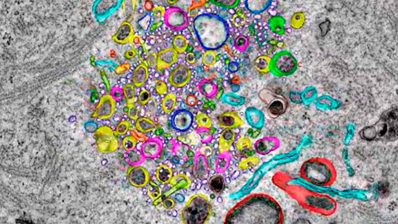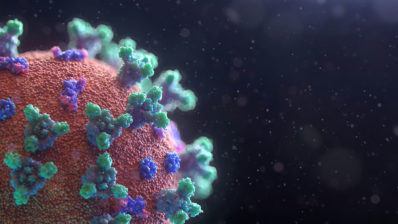In the COVID-19 pandemic, science has had to work their fingers to the bone to respond the big questions about this disease in the shortest possible time.
One of the most worrying questions has been whether the immune system response has an expiration date. This is why the study led by Carlota Dobaño and Gemma Moncunill of the Barcelona Institute for Global Health (ISGlobal), which analyzes the presence of antibodies against the SARS-CoV-2 virus up to seven months after infection, is especially relevant.
In order to study the long-term immune response, the team assessed the presence of IgA, IgM and IgG antibodies against six antigens present in SARS-CoV-2 as well as against the coronavirus that cause common cold in a cohort of healthcare personnel of the Hospital Clínic – one of the groups most exposed to the early disease.
The results of the study show that:
- Most of the infections of the medical staff, affecting one in seven workers, occurred during the first wave of the pandemic.
- Antibodies against SARS-CoV-2 fragments remain stable, or even increase, seven months after infection.
- Antibodies against the human cold coronavirus could confer cross-immunity against the COVID-19 disease.
The protein technology unit of the Center for Genomic Regulation (CRG) also participated in this study, producing proteins or protein fragments used as antigens.
Ortega N, Ribes M, Vidal M, et al. Seven-month kinetics of SARS-CoV-2 antibodies and protective role of pre-existing antibodies to seasonal human coronaviruses on COVID-19. Nature Communications. DOI: 10.1038/s41467-021-24979-9






